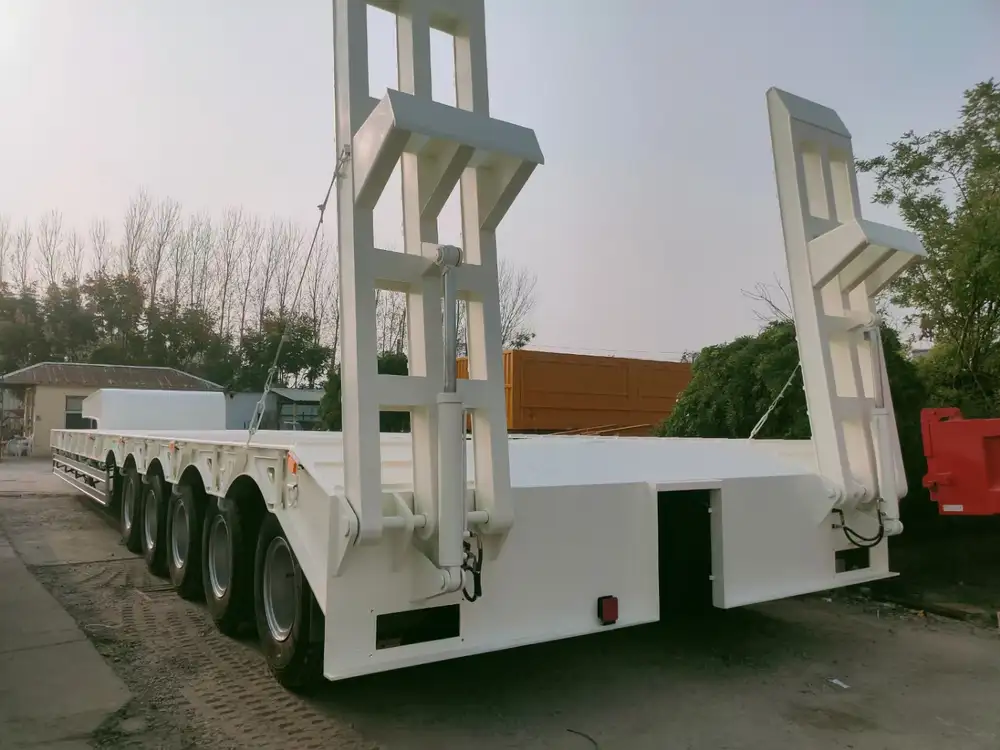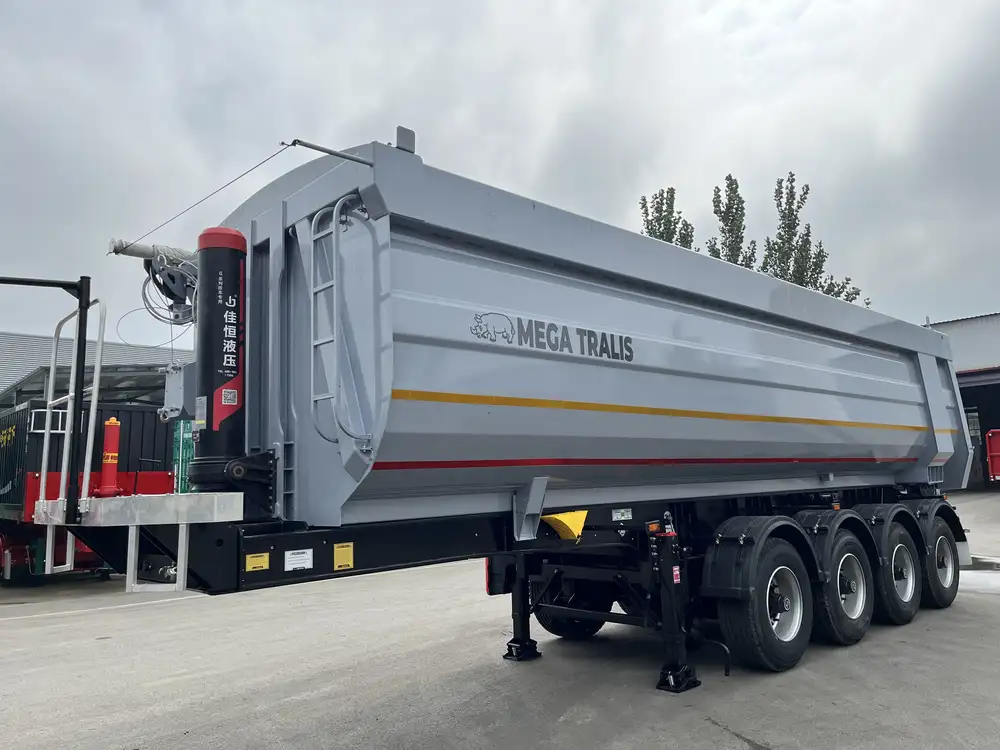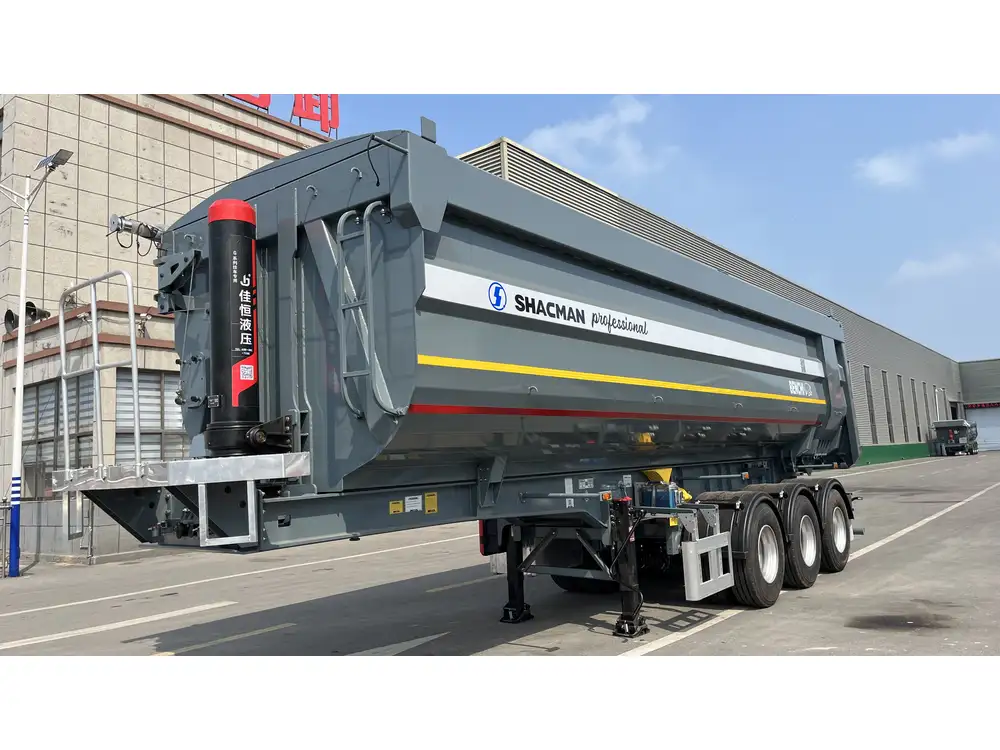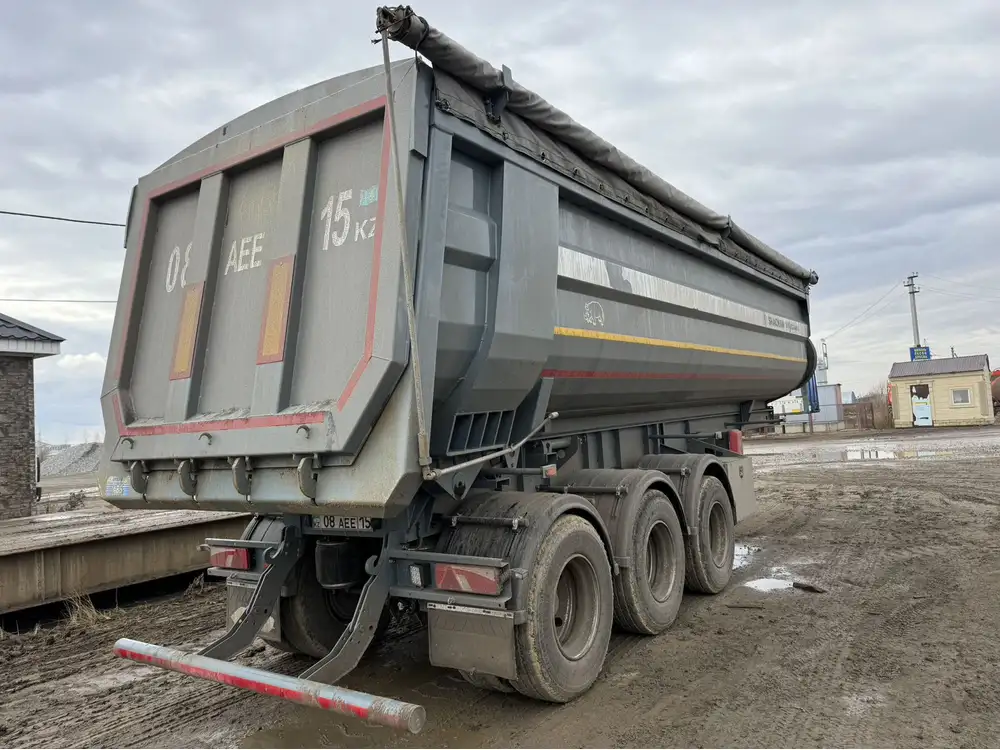Navigating the realm of transportation and logistics in Texas often leads to the pivotal question: Do you need insurance for a flatbed trailer in Texas? If you own a flatbed trailer, understanding the legal implications and risks associated with it is essential for safeguarding your investment and operations. This guide delves deep into the necessity of insurance for flatbed trailers, outlining legal requirements, types of coverage available, potential risks, and ultimately, why securing insurance should be a top priority for trailer owners.
Understanding Texas Trailer Insurance Laws
Texas Requirements for Trailer Insurance
Texas does not have a blanket requirement for all types of trailers, including flatbeds, to carry insurance. However, certain stipulations apply based on usage, weight, and how the trailer is registered. Under Texas law:
- Trailers with a gross weight of 4,500 pounds and above require liability insurance if they are registered.
- Non-registered trailers don’t require insurance but can make you liable for damages or injuries resulting from accidents.

Legal Liability vs. Financial Protection
Even if not mandated, having liability coverage is advisable. In the event of an accident, liability insurance covers damages inflicted on another party, safeguarding your finances from potentially crippling costs. Without insurance, you could face significant out-of-pocket expenses arising from vehicle repairs, medical costs, and legal fees.
Comparison: Registered vs. Non-Registered Trailers
| Feature | Registered Trailers | Non-Registered Trailers |
|---|---|---|
| Insurance Requirement | Required if over 4,500 lbs | No formal requirement |
| Legal Liability | Covered under liability policy | Personal liability risk |
| Coverage Options | Comprehensive coverage options | Optional coverage available |
| Use Limitations | Specific usage restrictions may apply | More flexibility in usage |
Types of Insurance for Flatbed Trailers

1. Liability Insurance
Liability insurance is paramount for trailer owners, encompassing coverage for bodily injury and property damage caused to third parties.
- Bodily Injury Liability: Covers medical expenses for injuries sustained by others during an accident involving your trailer.
- Property Damage Liability: Covers repairs to other vehicles or property damaged during an accident.
Importance of Liability Insurance
In Texas, accidents can lead to severe financial ramifications. Liability insurance mitigates these risks, ensuring that you are not left to foot the bill should an unfortunate incident occur.
2. Cargo Insurance
For businesses that transport goods using flatbed trailers, cargo insurance plays a crucial role in protecting against loss or damage to the freight.
- What It Covers: Theft, collision, fire, severe weather-related damages, and other potential hazards that could affect cargo in transit.

3. Comprehensive and Collision Insurance
Unlike liability, comprehensive and collision insurance provide coverage for damages to your trailer itself.
- Comprehensive Insurance: Covers a range of scenarios such as theft, vandalism, or natural disasters.
- Collision Insurance: Covers damage resulting from an accident, regardless of who is at fault.
4. Uninsured/Underinsured Motorist Coverage
In Texas, the risk of encountering an uninsured driver is always present. This type of coverage ensures you are protected financially if you’re involved in an accident with a motorist who lacks adequate insurance.
Risks of Operating a Flatbed Trailer Without Insurance

Financial Risk
Operating a flatbed trailer without insurance exposes you to enormous monetary risk. Consider the following scenarios:
- Accident Costs: Without liability insurance, any damages you incur during an accident will need to be paid out of pocket. This could range from thousands to tens of thousands of dollars depending on the severity of the incident.
- Legal Fees: If you are sued as a result of an accident, attorney fees alone can spiral, adding further disaster to your financial situation.
Business Risk
For businesses, the risks compound exponentially. An uninsured accident could mean not only paying for damages but potentially losing contracts or partnerships due to perceived irresponsibility.
Emotional and Reputational Risks
The aftermath of an accident isn’t just financial; it can also be emotionally taxing, leading to stress and anxiety. Additionally, incidents can impact your reputation, leading to lost business opportunities, diminished customer trust, and other long-term repercussions.

Choosing the Right Insurance Provider
Factors to Consider
When securing insurance for your flatbed trailer, it’s essential to conduct thorough research and evaluate providers based on several factors:
- Coverage Types: Ensure the provider offers comprehensive policies that meet your specific needs.
- Premium Costs: Compare various policies to understand which offers the best financial balance between coverage and affordability.
- Claim Process: Investigate the claim-handling process of each provider. An efficient claim process can save you stress in times of need.
- Customer Reviews: Read reviews and testimonials to gauge other customers’ experiences to ensure you’re partnering with a reputable insurer.
Recommendations for Insurance Providers in Texas
| Provider | Specialty | Typical Coverage Offered |
|---|---|---|
| Geico | Affordable rates | Liability, comprehensive, cargo |
| Progressive | Competitive premiums | Comprehensive, collision, liability |
| Farmers Insurance | Business-friendly options | Comprehensive, commercial liability |
| Nationwide | Diverse coverage options | Liability, cargo, umbrella insurance |

Insuring Your Flatbed Trailer: Steps to Follow
Step 1: Assess Your Needs
Begin by assessing how your trailer will be used. Consider the following questions:
- Will you be transporting goods?
- What is the trailer’s weight and load capacity?
- Are you operating within or outside Texas?
Step 2: Research Insurance Providers
Next, research potential insurance providers and request quotes based on your trailer’s specifications and intended use. This will help you gauge the right coverage level tailored to your needs.

Step 3: Compare Quotes and Coverage
Once you’ve obtained quotes from various insurers, compare the coverage details and costs. Look beyond premium prices—check for coverage limits, exclusions, and additional benefits that could be crucial in your situation.
Step 4: Read the Fine Print
Scrutinize the fine print of the policy. Understand what is covered, what is not, and any deductibles that may apply. Knowledge of these details can save you from unpleasant surprises during claims.
Step 5: Make a Decision and Insure
After thorough research and comparison, select the insurance policy that best suits your needs and budget. Ready to make your first premium payment, ensure that your flatbed trailer is fully insured before hitting the road.

Conclusion
The question of whether you need insurance for a flatbed trailer in Texas hinges upon a myriad of factors, including registration status, intended use, and potential legal liabilities. While there may not be a strict statewide mandate requiring all flatbed trailer owners to carry insurance, the far-reaching risks associated with operating such vehicles make obtaining insurance an unequivocal necessity.
By securing the appropriate insurance, not only do you protect your investment, but you also safeguard your financial future against unforeseen events. Investing time into understanding the different types of coverage available, assessing your needs, and thoroughly researching potential providers will help you make informed decisions, ultimately leading to a safer and more secure towing experience.
Opt for comprehensive coverage—because when it comes to flatbed trailers, being proactive today can prevent significant losses tomorrow.



